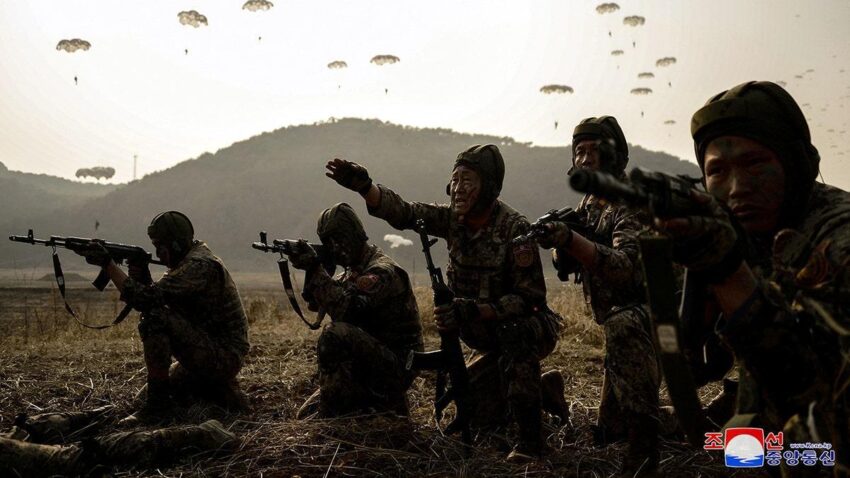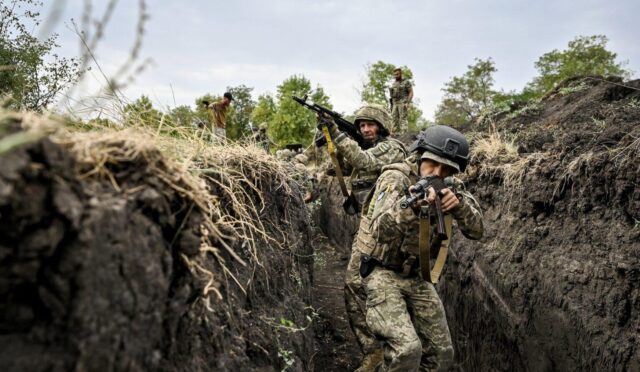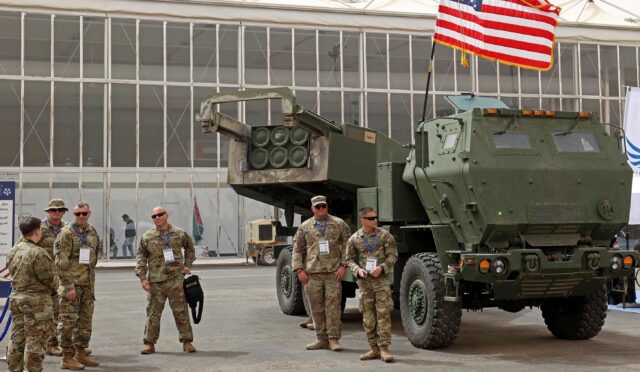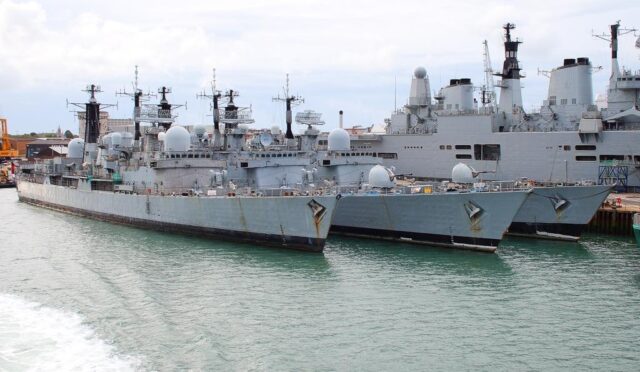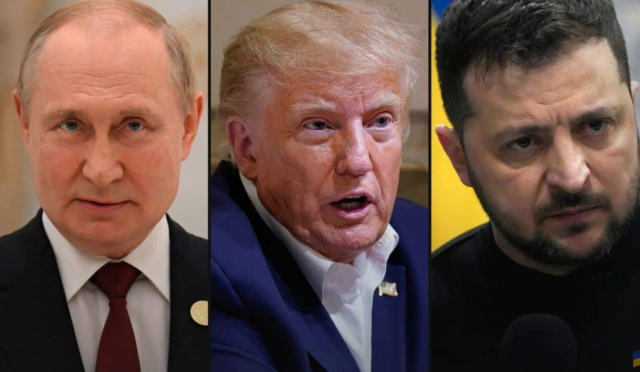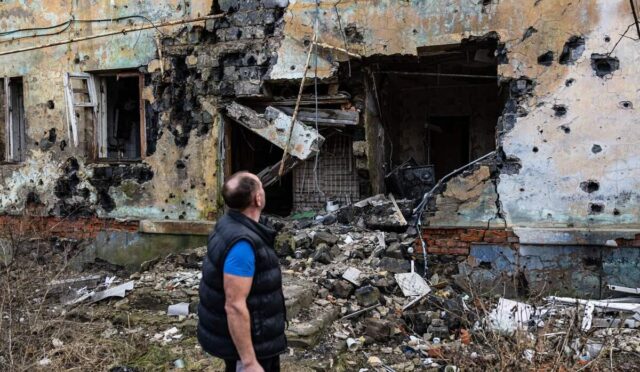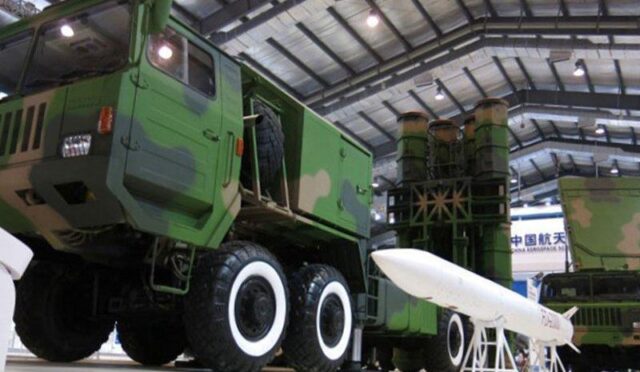North Korean Troops Withdraw Amid Heavy Casualties
North Korean troops operating in the Kursk region of Russia have reportedly executed a temporary withdrawal from a section of the frontline, attributed to significant casualty reports. This development was confirmed by Colonel Oleksandr Kindratenko, spokesperson for Kyiv’s Special Operations Forces, following South Korea’s announcement that at least 1,100 North Korean soldiers had either been killed or injured in the ongoing conflict.
The withdrawal appears to be a strategic move, likely aimed at reassessing military tactics, providing medical care for the wounded, or possibly waiting for reinforcements. In a related note, Kyrylo Budanov, the head of Ukraine’s military intelligence, indicated last week that North Korea is preparing to dispatch additional troops to support the existing contingent of 10,000 soldiers already sent to Russia in 2024.
Motivation Despite Losses
Despite the heavy toll, reports suggest that North Korean troops remain highly motivated to aid Moscow. A commander from the 73rd Naval Special Operations Center, stationed in Kursk, mentioned that the current pause in combat operations might not be prolonged. The commitment of these soldiers, even in the face of significant casualties, reflects their ongoing support for Russian efforts in the region.
The situation on the ground reveals a complex interplay of military dynamics, where motivation does not necessarily equate to effective combat performance. As North Korean forces regroup, their next moves will be closely watched by both Ukrainian and Russian military analysts.
Challenges on the Battlefield
Ukrainian forces have reported observing significant coordination issues between Russian and North Korean military units. The language barrier is cited as a major factor contributing to these challenges, with instances where North Korean soldiers have inadvertently engaged their own allies due to misunderstanding orders.
Furthermore, North Korean troops seem to lack awareness of aerial threats such as drones and artillery, often launching frontal assaults in large formations reminiscent of World War II tactics. These outdated strategies have rendered them vulnerable, making them ‘easy targets’ for the Ukrainian military. According to the commander, these operational missteps have hampered several missions, highlighting the difficulties faced by the North Korean forces on the battlefield.
